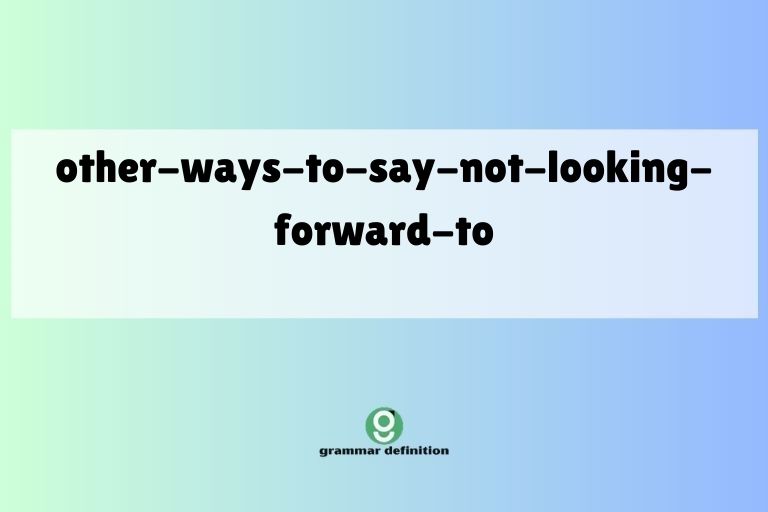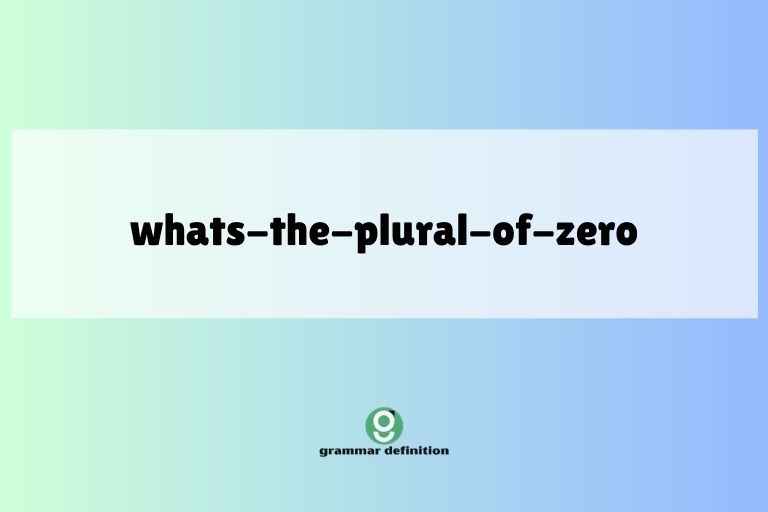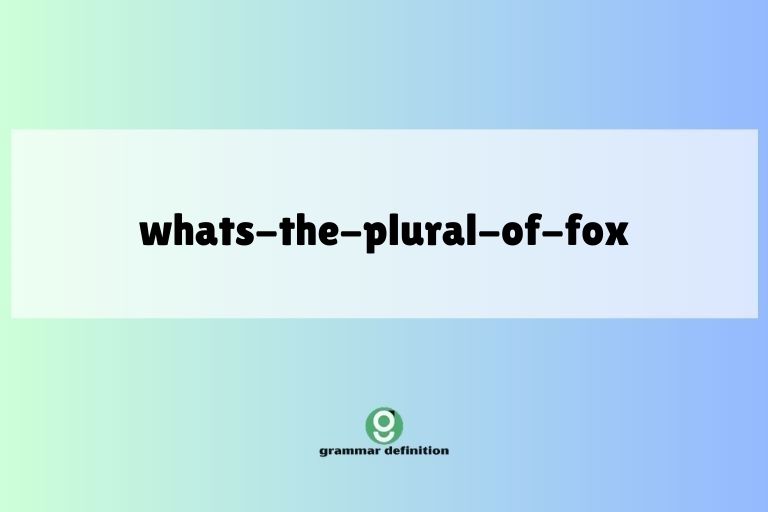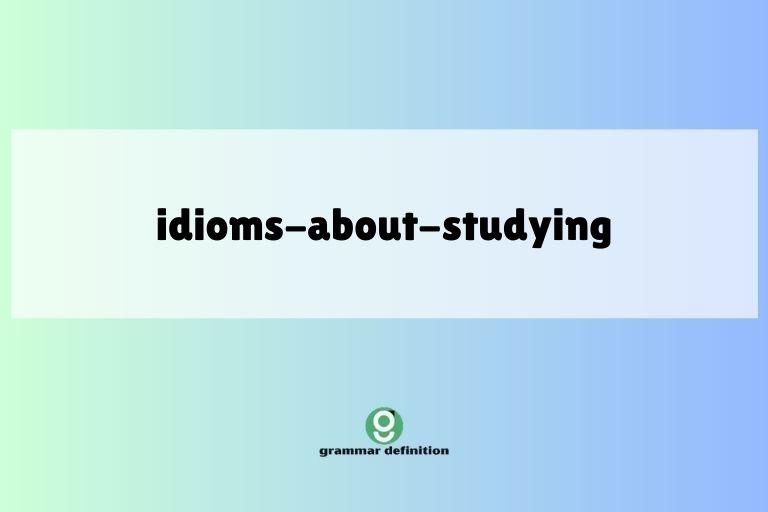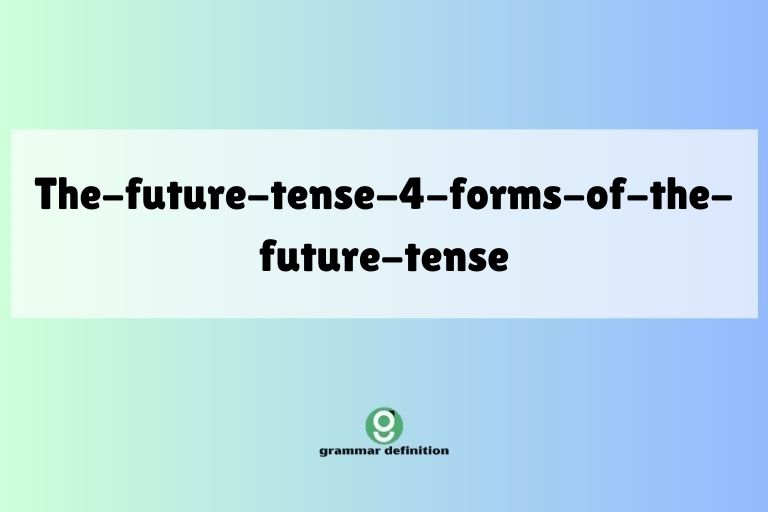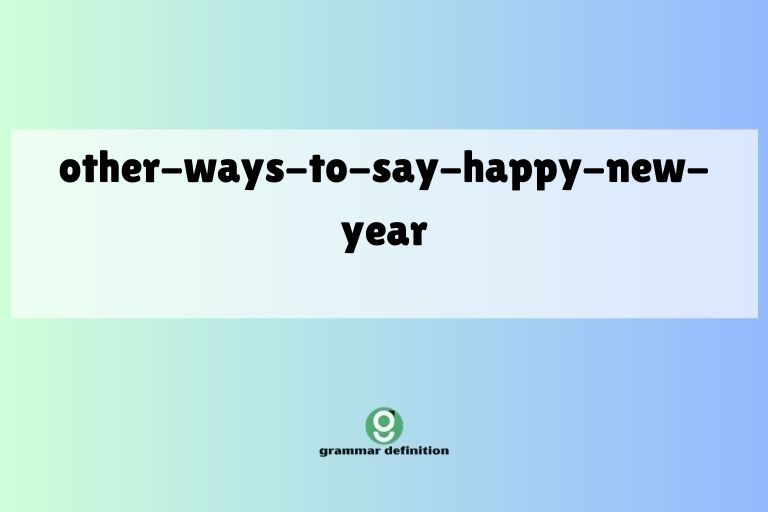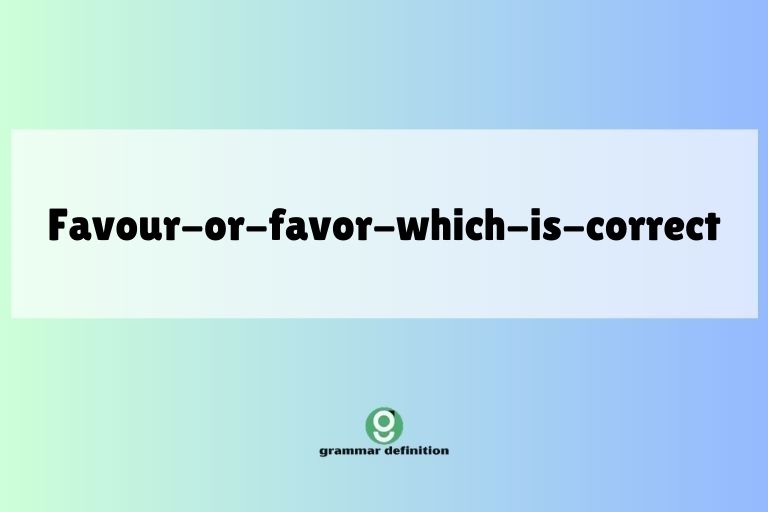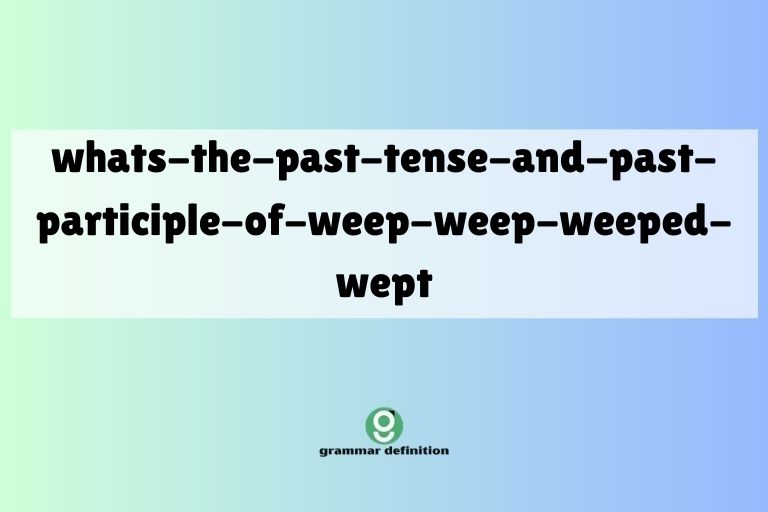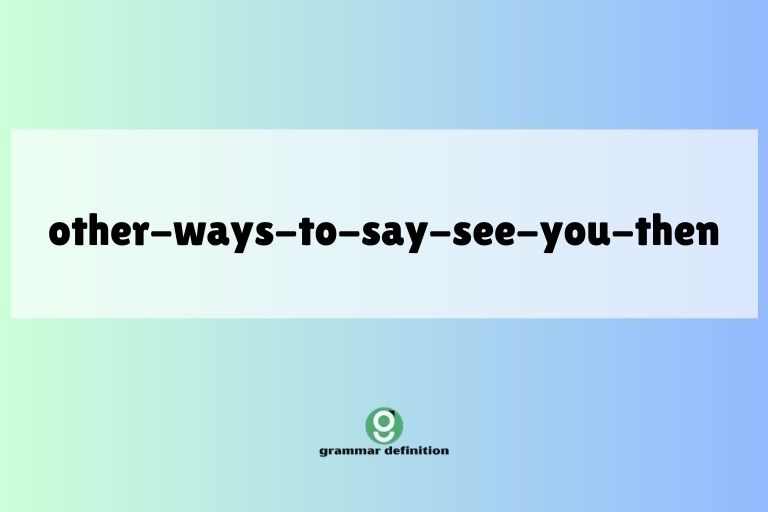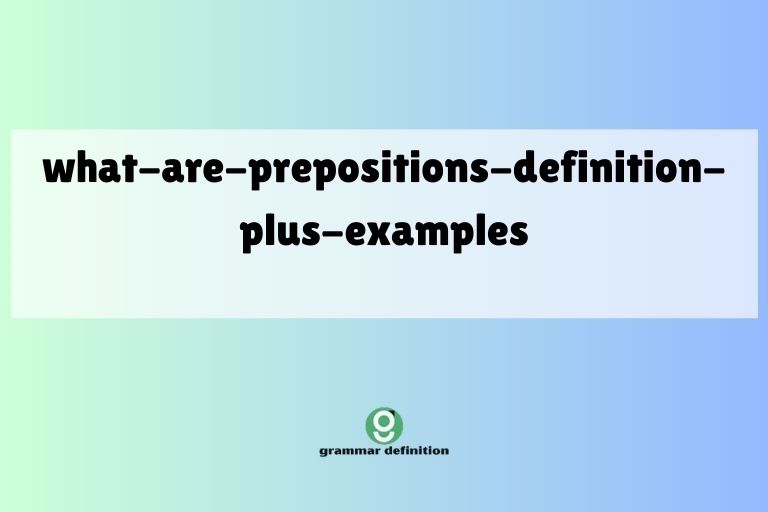Beyond “Not Looking Forward To”: Diverse English Alternatives
Mastering diverse ways to express reluctance or lack of enthusiasm is crucial for nuanced communication in English. Simply relying on “not looking forward to” can limit your ability to convey subtle differences in feeling, context, and formality. This article explores a wide range of alternative phrases and expressions, providing detailed explanations, examples, and practice exercises … Read more

